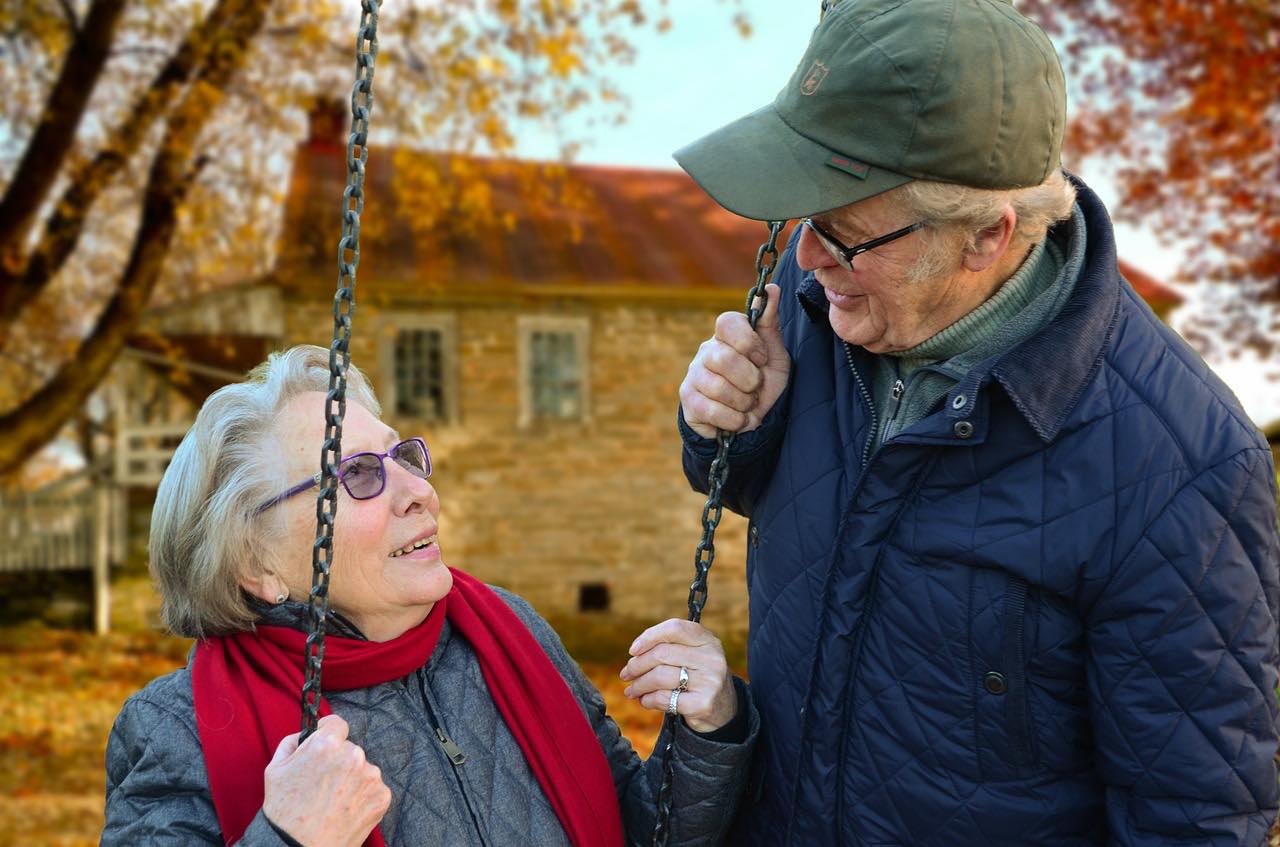Caring for a senior is a responsibility both professional and family caregivers choose to take on for the sake of their care recipient. It requires the staff to dedicate their time and effort, sometimes at the risk of their own health and well-being, to ensure their ageing dependent’s dignity and comfort.
Choosing between professional and family care may be a hard decision that can be packed with emotions of guilt especially if you are expected or have been providing care for a dear loved one. But enlisting professional help from associates in family medicine lemay or another professional care service in your area, when you need it, will not only ensure your loved one receives the level of care and attention, they need but will also be beneficial to your comfort and peace of mind as well.
In this article, we’ll discuss the difference between the duties of a family caregiver and a professional caregiver in the hopes it helps you decide if its time to make a switch from the former to the latter.
There are key differences in the duties of family caregivers and professional caregivers. Let’s breakdown each one by one.
What is Family Care?
Family Care is when a relative takes on the role of a caregiver for an ageing loved one. Often, a family member takes this responsibility and adds it to the list of their other duties which includes work or caring for their own family.
Although there are resources available for family caregivers to receive caregiver training, it is most likely family caregivers did not receive formal education on elderly caregiver services and as such cannot perform advanced or medical care.
What are the duties of a family caregiver?
Provide Support
The main role of a caregiver is to provide support for a senior. Because of their age, seniors may have trouble with daily tasks due to limited mobility or an existing medical condition.
Family caregivers can support them by assisting with standing or walking, preparing food, shopping for home essentials, and ensuring their loved one lives in a clean and safe environment. They can install safety fixtures such as handlebars, raised toilet seats, or beds to make their loved ones more comfortable at home.
Transportation
For those who can drive, providing transportation for their loved ones is another duty of a caregiver, especially if it entails going to and from doctor’s appointments. Accompanying loved ones in these appointments will also help family caregivers perform their duties better as health providers would usually give instructions or updates on how to proceed with care plans.
Companionship
Another important duty of a family caregiver is spending time and offering companionship to their loved ones. Many seniors suffer from loneliness and this can be detrimental to their health and well-being. Being surrounded by familiar faces and experiencing the joy of having their family around them can be beneficial to a senior’s journey to wellness and recovery.
When is it time to make a switch?
Family caregivers are dedicated to their role in providing care and support for their loved ones. But despite their willingness and desire to help, they may be limited due to other things on their plate. Whether it’s caring for a family of their own or their work calling for more hours, family caregivers can find themselves in a compromising position.
Should this happen, preferably before It reaches this point, one should consider getting professional help.
The same can be said when a care recipient’s needs are increasing, demanding more time and effort than a family caregiver can provide. Loved ones may even start needing help with personal hygiene which may cause discomfort for family caregivers and ultimately make them feel overwhelmed.
Luckily, professional care services are available and trained caregivers can come on board to help. By searching ‘home care agency near me in Philadelphia‘ (or elsewhere relevant) you can find a quality service to help with care and support for your loved ones.
Should this happen, preferable before It reaches this point, one should consider getting professional help
The same can be said when a care recipient’s needs are increasing, demanding more time and effort than a family caregiver can provide. Loved ones may even start needing help with personal hygiene which may cause discomfort for family caregivers and ultimately make them feel overwhelmed.
Luckily, professional care services are available and trained caregivers can come on board to help.
What is professional care?
Professional care is provided by a trained caregiver who has experience in providing care for a senior. Professional caregivers, like those you can find by searching “Respite Care Franklin Tennessee“, or something similar depending on where you are, receive education on catering to the needs of the elderly and can provide a variety of services, including intensive medical care.
What are the benefits of hiring a professional caregiver?
Medical Skills
Professional Caregivers assist seniors with activities of daily living such as walking, eating, bathing, and toileting. They are also trained to provide medical care such as changing NGT tubes, wound dressing, administering medication, and vital signs monitoring. They can also lead seniors into exercises that can keep their bodies and minds engaged to combat the detrimental effects of ageing.
Care provided
Professional caregivers received training in catering to the needs of seniors and this includes incontinence care. Family caregivers may find it uncomfortable but professional caregivers know personal care is part of their job.
For family caregivers who find it difficult to perform personal care, professional caregivers can step in to ensure your loved ones receive the assistance and care they need.
Respite Care
Caregiver burnout happens to both family caregivers and professional caregivers alike. However, where professional caregivers can rest and recuperate at the end of their shift or on their rest day, family caregivers may find it hard to take a break and prioritize their own self-care. This has detrimental effects on both family caregivers and their ageing dependent.
Respite Care is available for caregivers who need time to care for their own health and well-being. It is a short-term care service where trained caregivers can look after your loved one in your stead.
This is also available for caregivers of dependents who suffer from sundowning syndrome which happens to patients with dementia. Night respite care is equipped to provide care and attention to these patients and is available for caregivers who might feel overwhelmed and unprepared for the change in behaviour or care needs of their care recipients.
Conclusion
Caregiving is a noble endeavour that can be both rewarding and taxing. Caregivers put in a lot of time and effort in ensuring the needs of their ageing dependents are met. When it comes to providing care, crucial parts of the job scope are to choose the most suitable care service that your loved ones need as well as an arrangement that works for you, as a family caregiver. There is nothing wrong with asking for help. Professional care services are designed and available to provide support for both you and your loved one.








